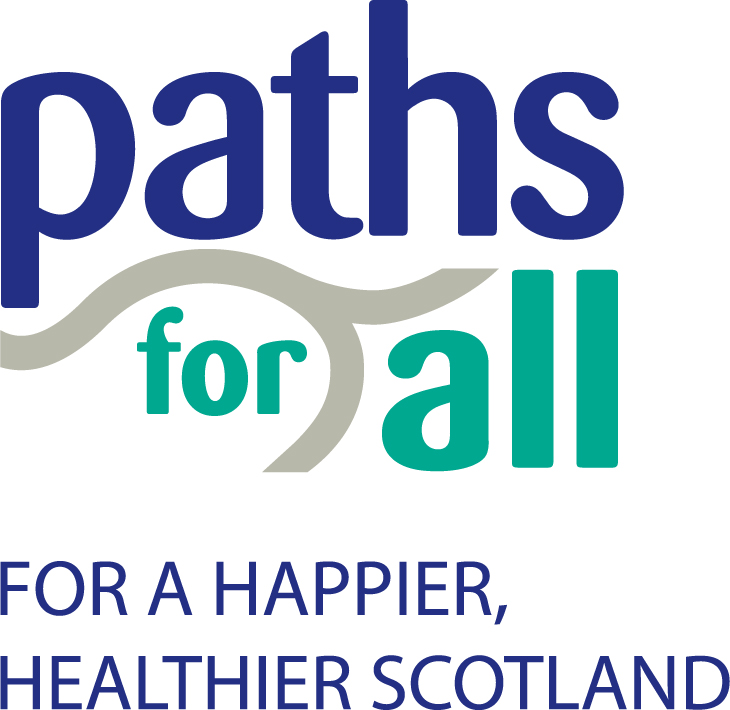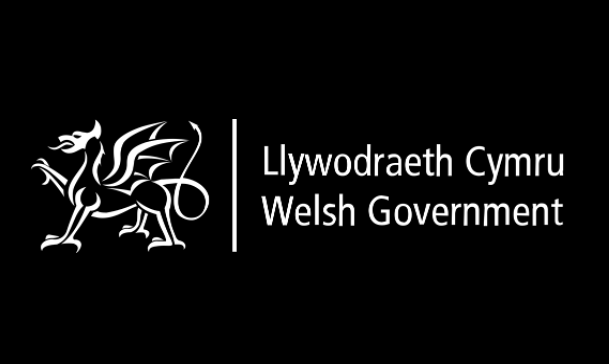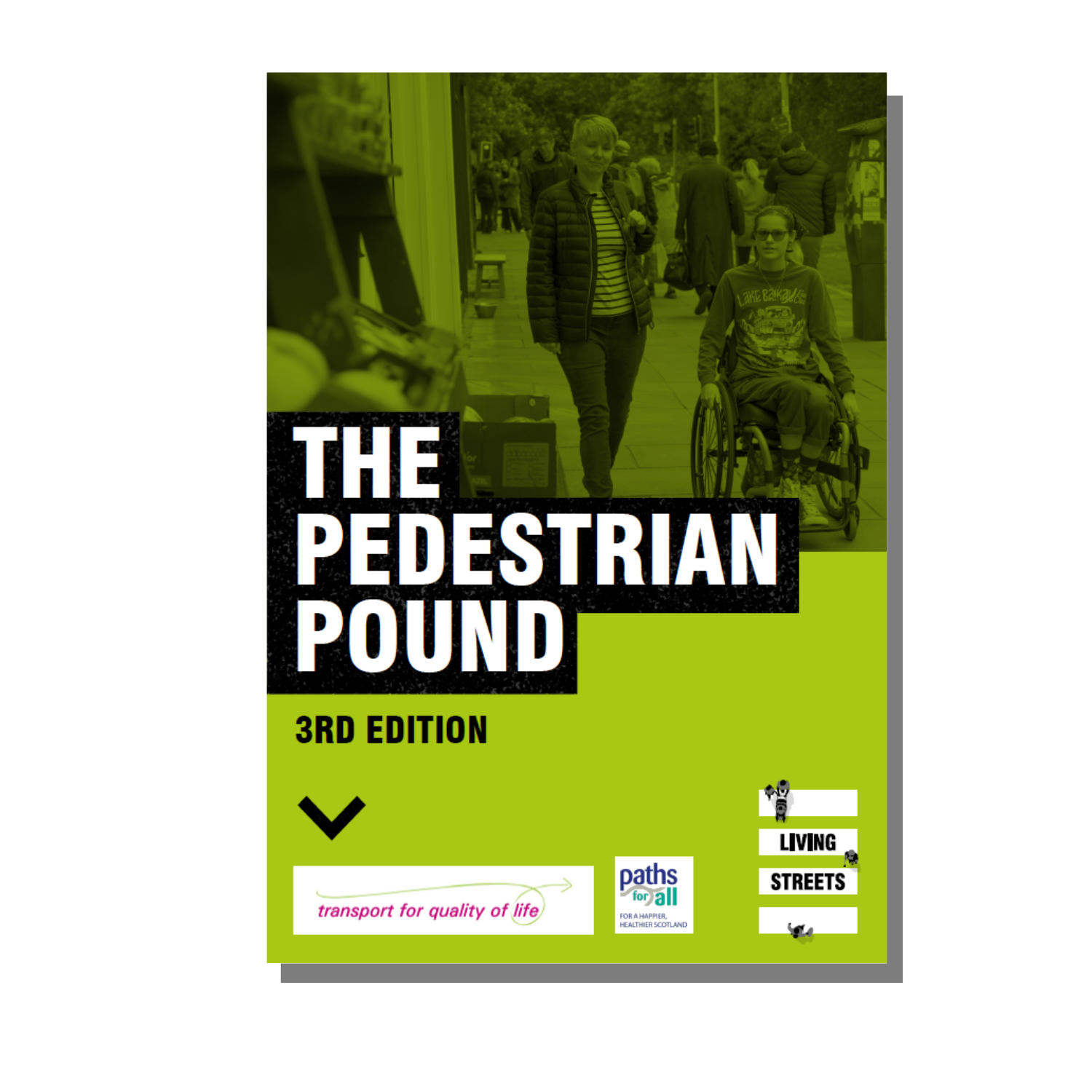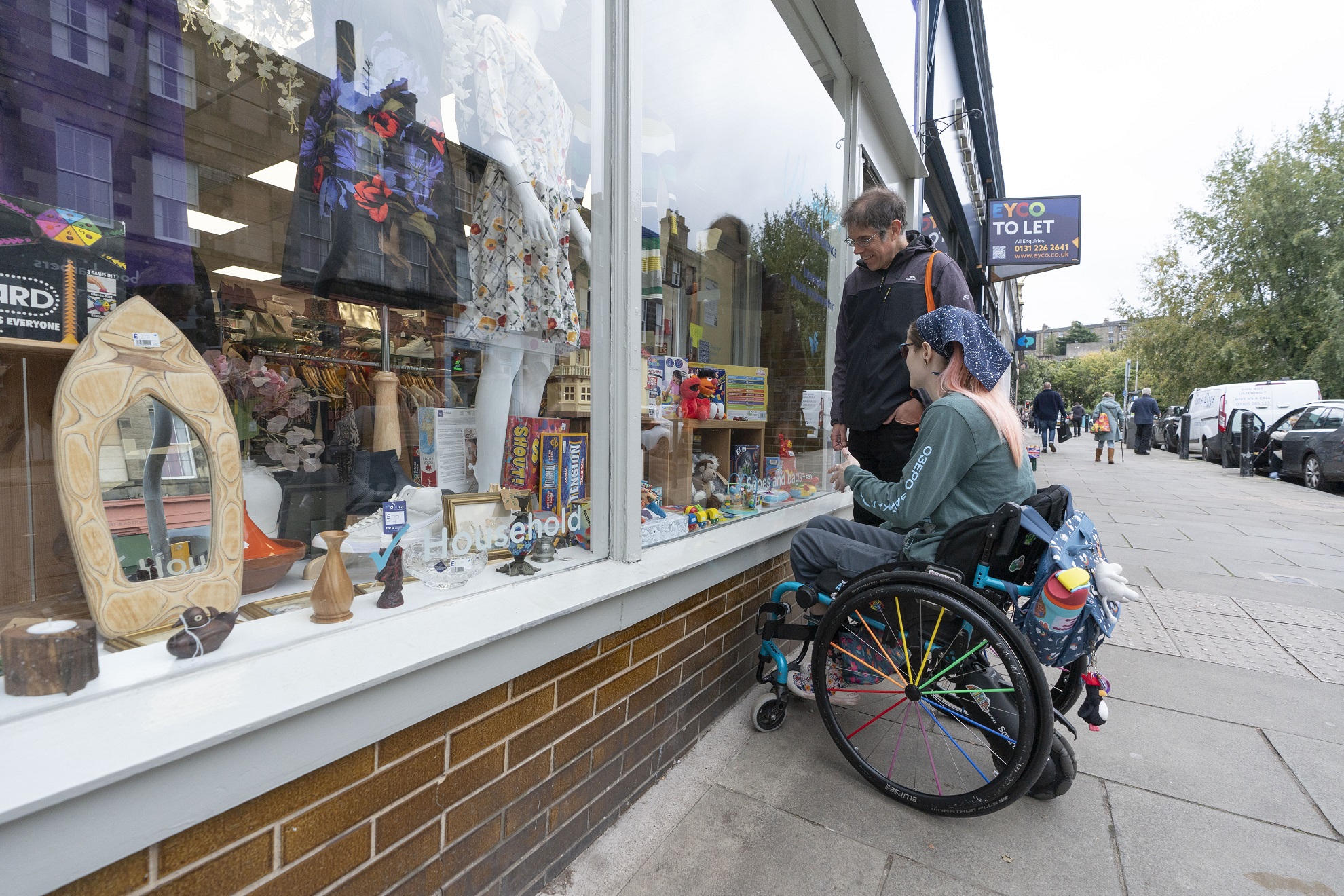The Pedestrian Pound
The Pedestrian Pound makes the economic case for investing in better streets for walking and wheeling.
The research shows that people who walk or wheel to do their shopping spend more money and pedestrianised high streets see bigger sales.
Originally published in 2013 and updated in 2018, our latest edition (2024) broadens the evidence base for improved walking environments to include the benefits of happier and healthier people, stronger communities and a more resilient environment.
The research is brought to life with case studies from England, Scotland and Wales, along with international examples that show the value of walkable streets.
You can download the full report from the list below, along with supplementary documents, including an evaluation briefing and country annexes for England, Scotland and Wales. In addition to the main pdf versions of the report sections, we have provided adapted webpage versions. These are designed to be more accessible for those using screen readers or who need to magnify the text.
You can also share our report with your councillor using our email template below.
Want to start with a taster? Read highlights from The Pedestrian Pound in our summary document.
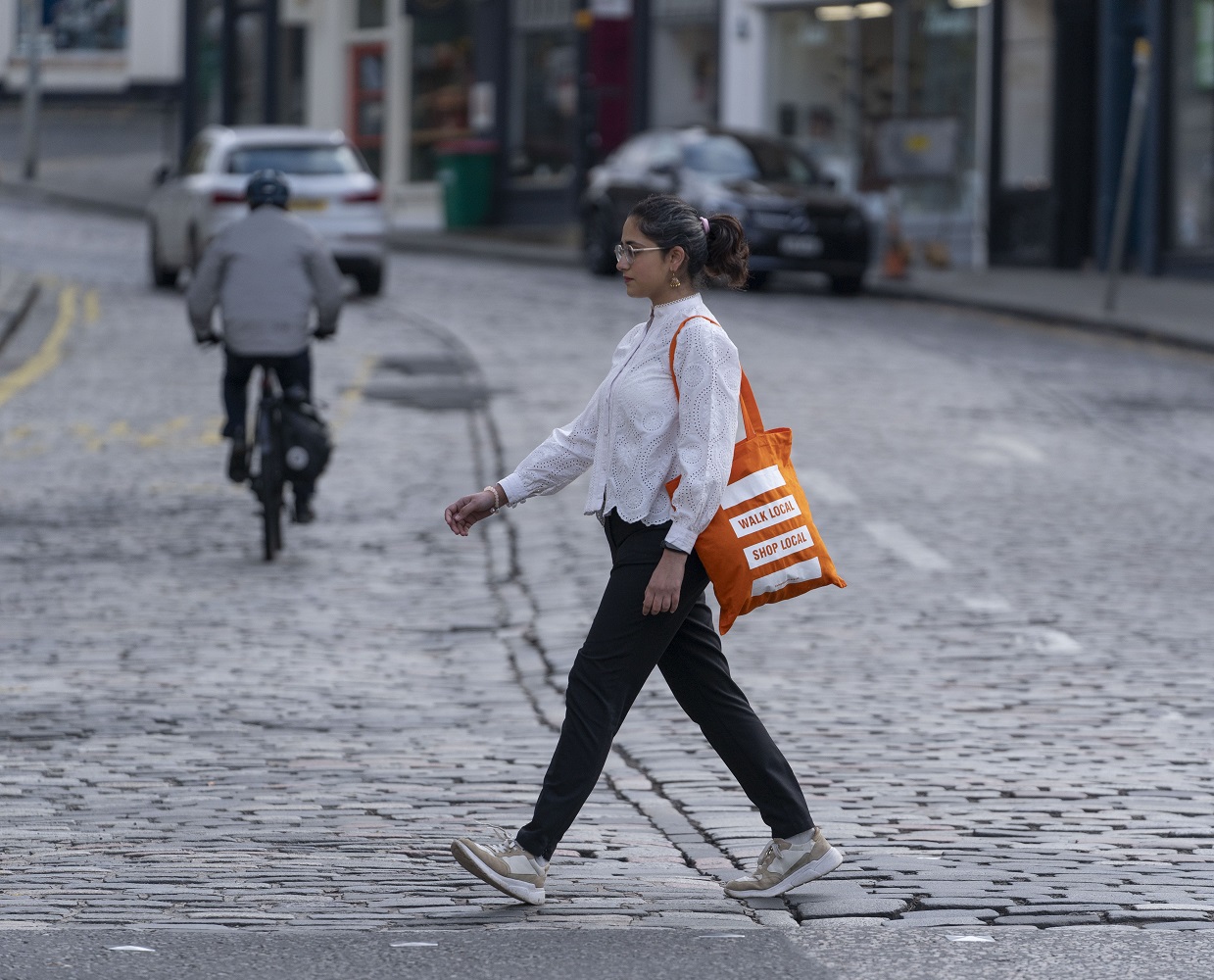
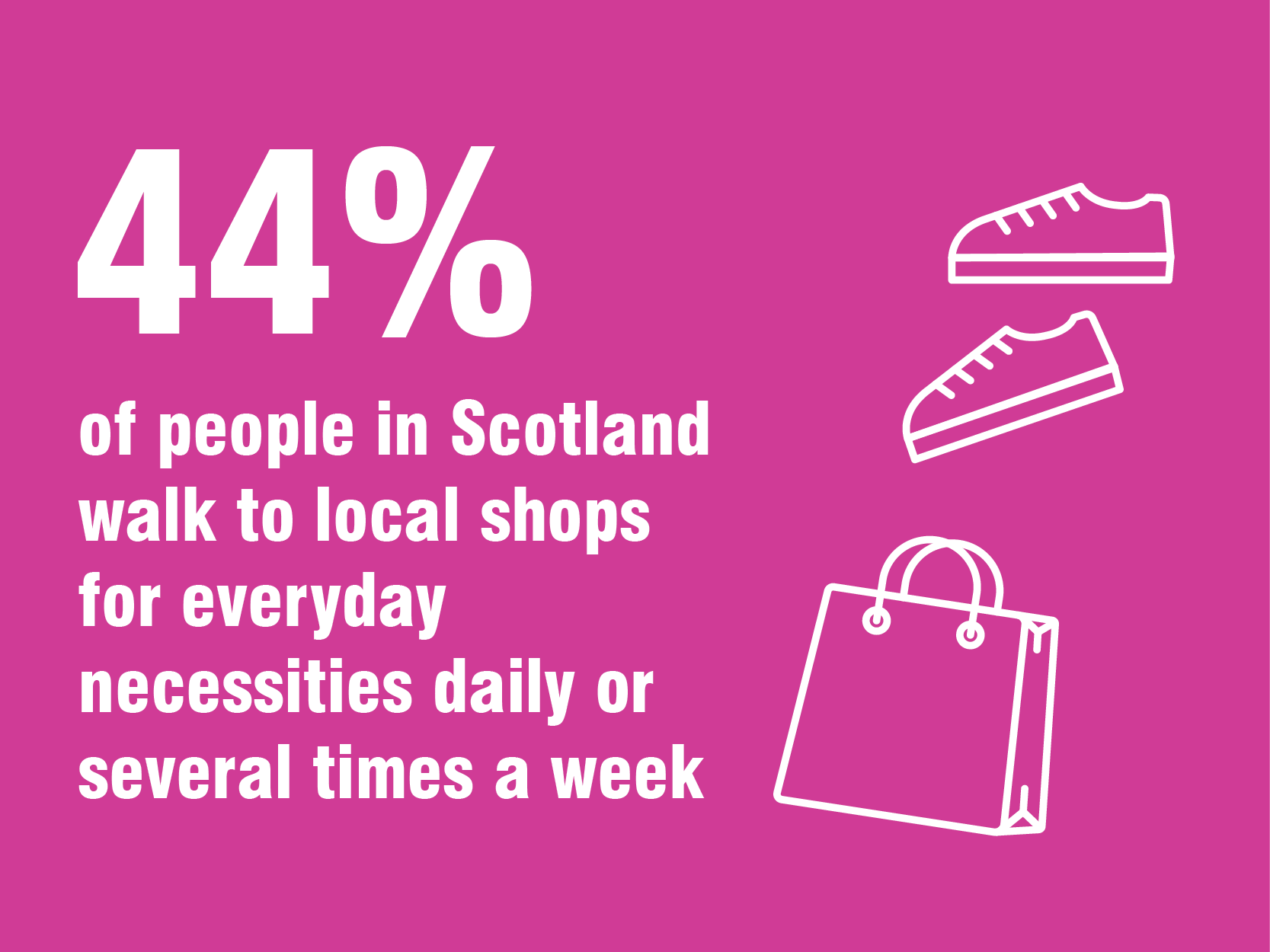
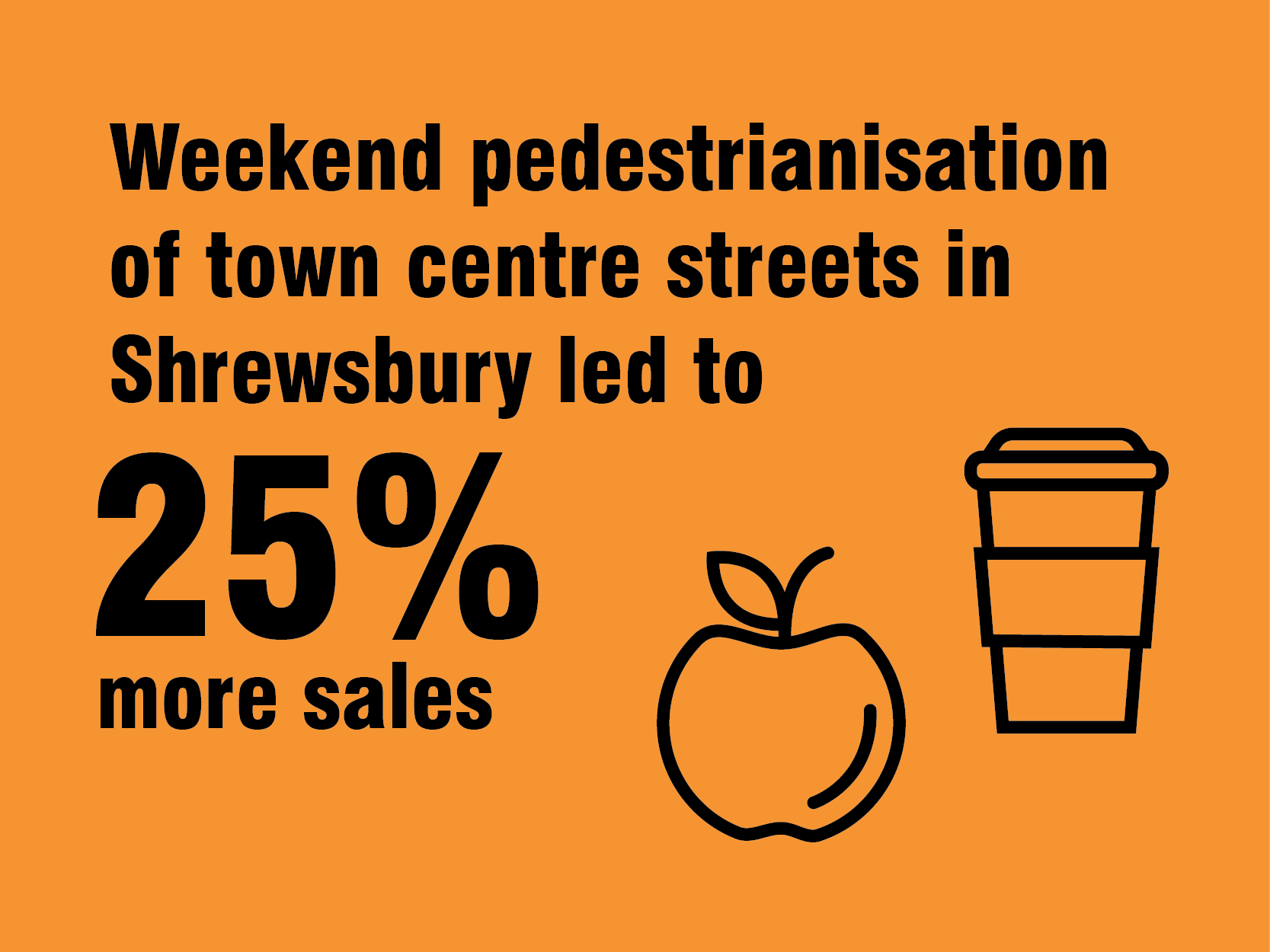
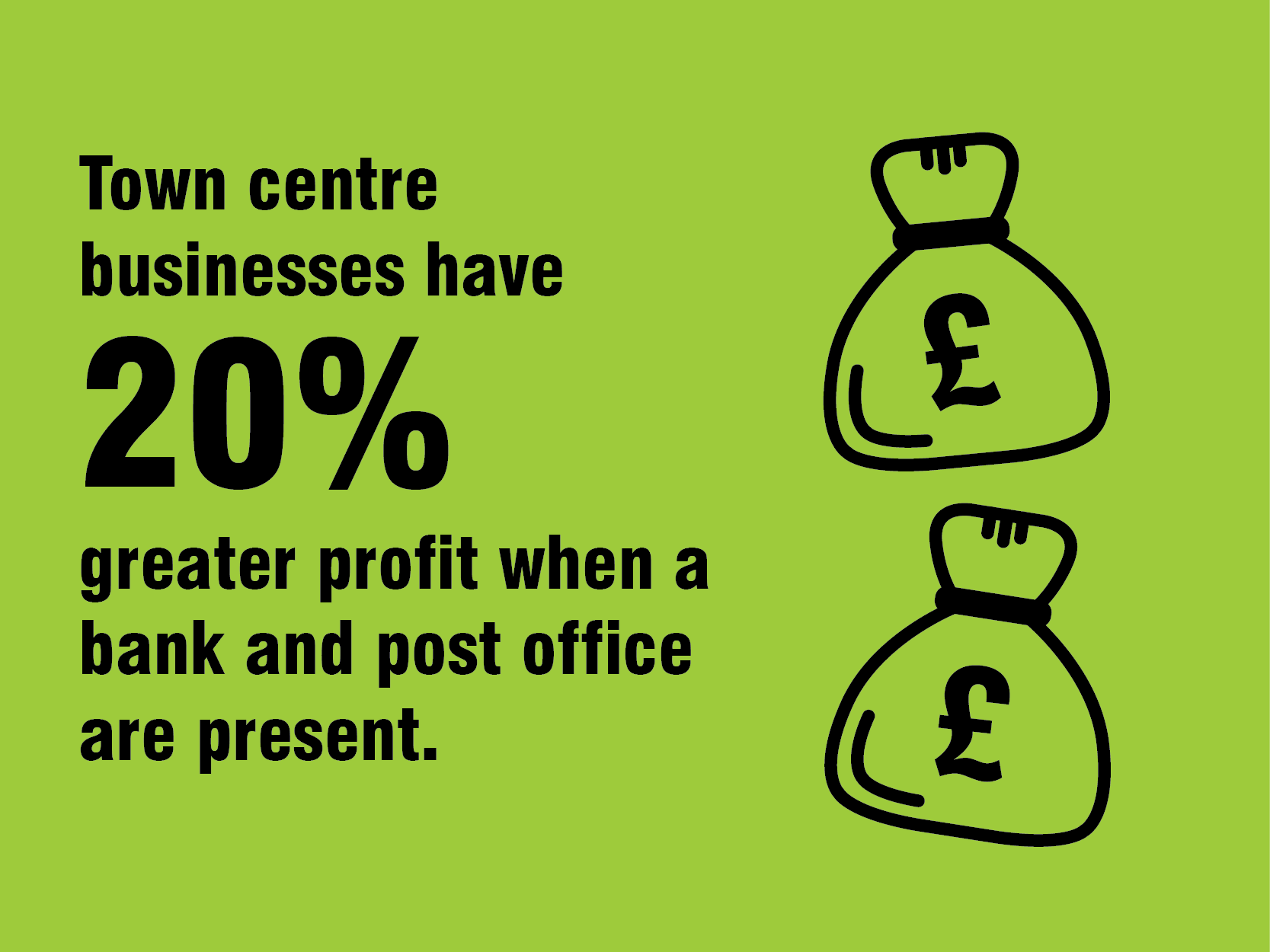
The Pedestrian Pound 3rd edition was undertaken by Transport for Quality of Life and made possible by lead funder Paths for All, with contributions from the Rees Jeffreys Road Fund, the Foundation for Integrated Transport and the Welsh Government.

